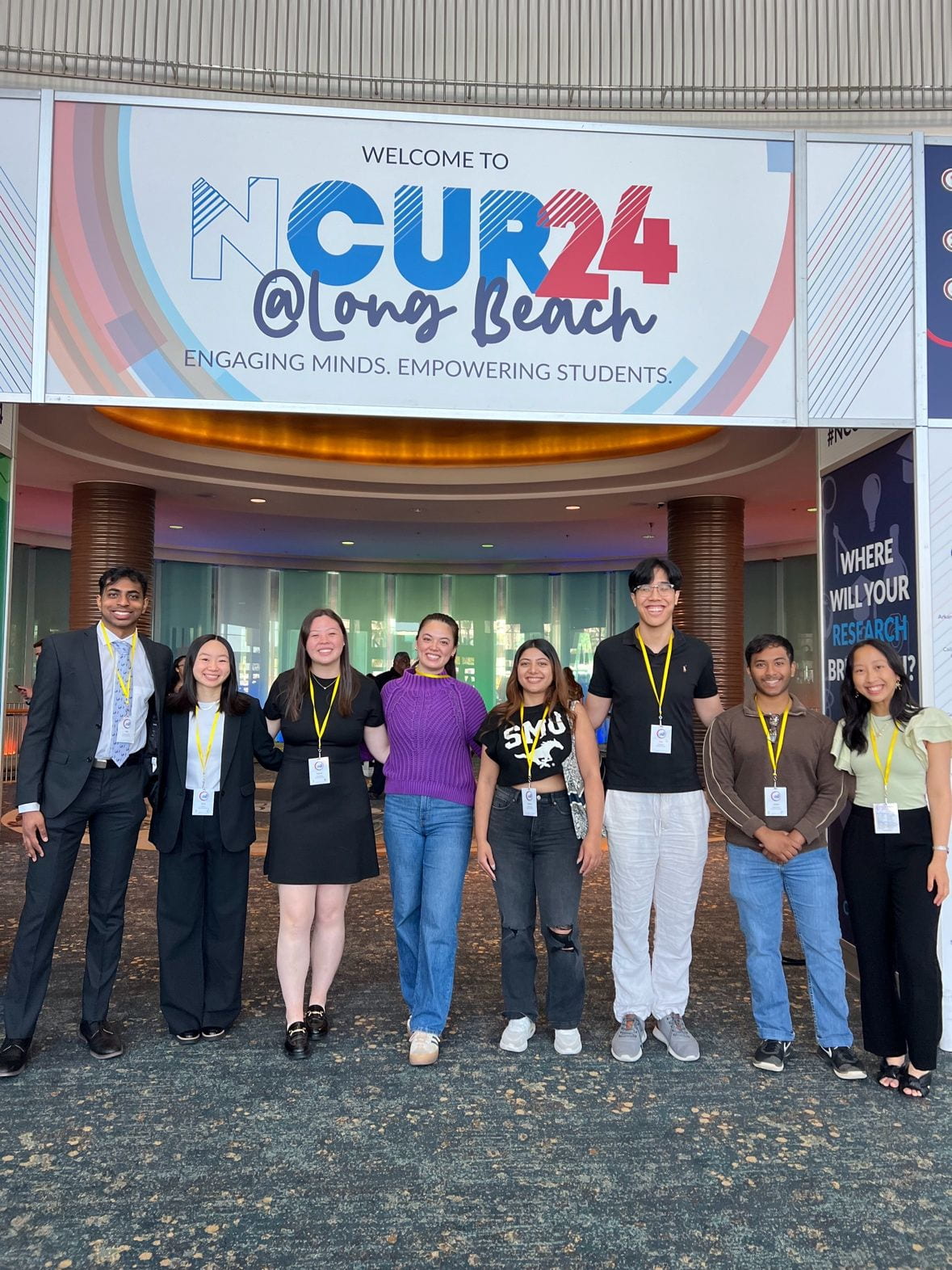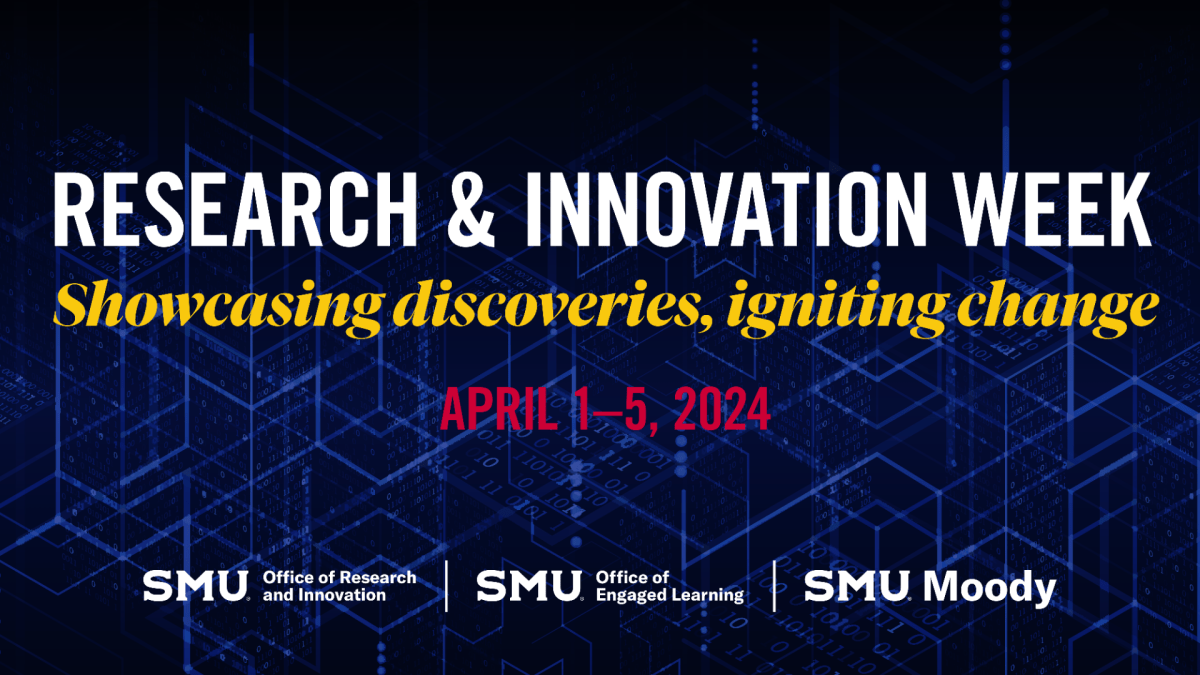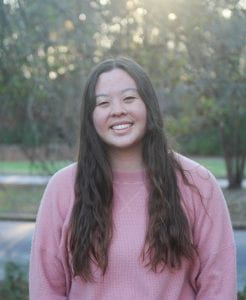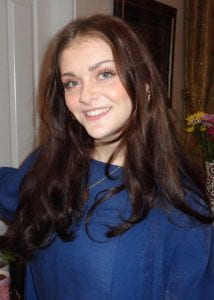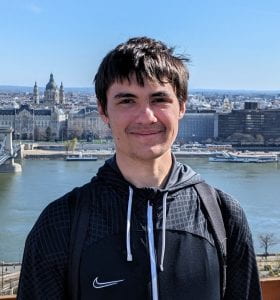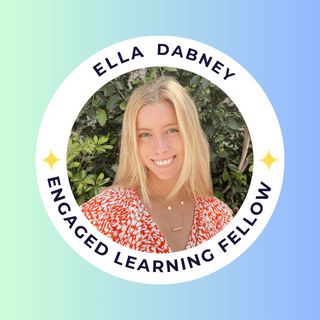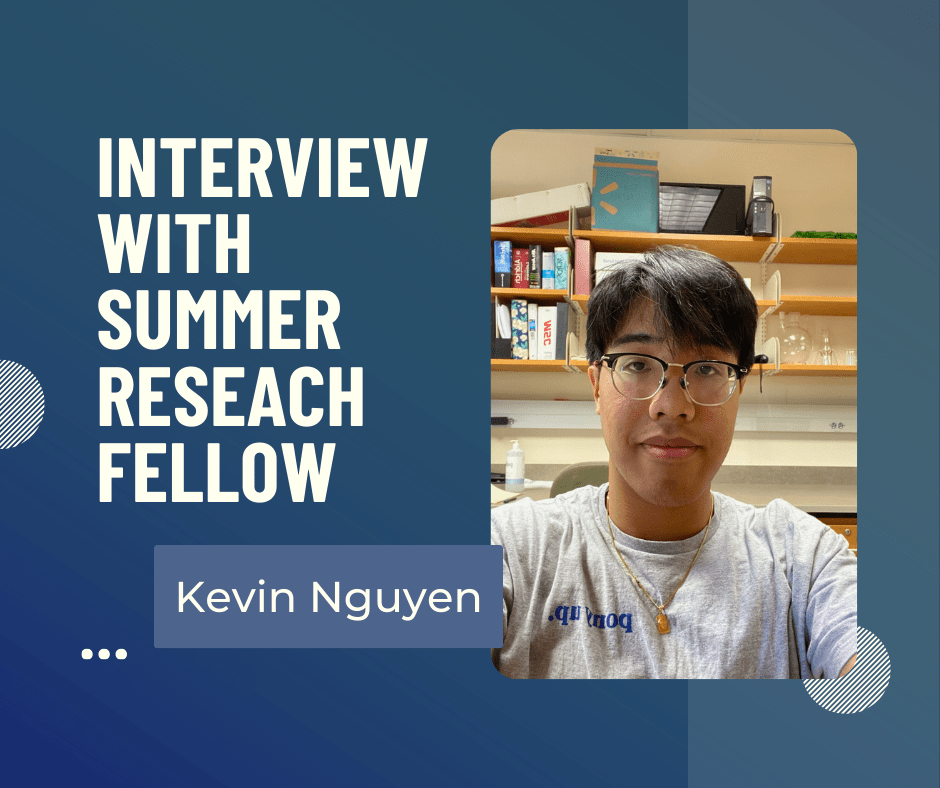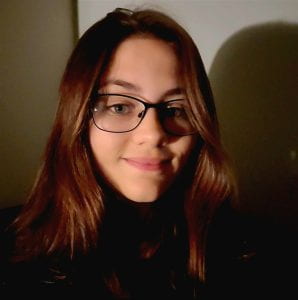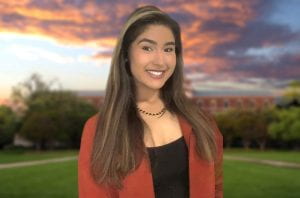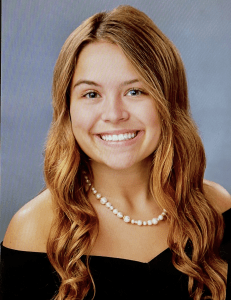Congrats to (L-R in group picture) Anish Senthilkumar, Karen Lin, Elisabeth Hood, Anna Su, Sadikshya Sitaula, Kevin Nguyen, Jonathan Thomas, Vivian Thai on presenting at NCUR 2024!
These eight SMU students had the incredible opportunity to present their research and creative work at the National Conference for Undergraduate Research 2024. They traveled to California State University, where they were able to interact with students and faculty from universities across the country for an exciting conference.
Here is more from a few of the students about their thoughts on the experience:
Preparing for the Conference:
Ellie Hood ’24: The best way I found to prepare for the conference was to attend the Undergraduate Poster Session! Being able to practice poster presentations on a smaller scale gave me confidence in myself and my research going into a much bigger poster session like NCUR!
Kevin Nguyen ’24: I prepared for the conference by making my poster. I made it early because I had the American Chemical Society conference a few weeks before. Thus, I had enough practice presenting my poster after that initial conference.
Vivian Thai ’25: I have been working on my project for almost 2 years prior to the conference, but to prepare specifically for NCUR, I scheduled a meeting with my PI and went over the data that I wanted to present. After that, I submitted an abstract and continued collecting leftover data until I was ready to make my poster. I had several meetings with my professor to draft my poster and I also presented at SMU’s Research & Innovation Week to prepare.
The NCUR Experience:
Ellie: To put it simply, NCUR was an intellectual feast. Not only was it fun and encouraging to share my own research, I also had the best time hearing about everyone else’s research! Every single poster and presentation that I came across was so interesting, and it’s so inspiring to me that so many undergraduates are dedicated to academia.
Kevin: My experience with the conference was incredibly rewarding. I only presented on one day, but for the other days, I went to see other SMU students’ presentations. Even then, I visited fellow chemistry undergraduates and saw their work. When I had time, I enjoyed the beach, hung out with friends, and relaxed in the hotel.
Vivian: My experience at the conference was amazing! I had the opportunity to do a poster presentation, but attendees were also able to watch other poster presentations and oral presentations. One of my favorite things about NCUR is that it’s a huge conference, so there is a large variety of topics. I listened to presentations with focuses ranging from Formula One to programming robots in agriculture. In addition, there was plenty of free time to explore the city. NCUR 2024 was hosted in Long Beach, CA and it was so much fun exploring the area and going to the beach.
Advice for Future NCUR Presenters:
Ellie: For future NCUR presenters, I say have fun with it! Don’t get in your head about whether or not your research is good enough to be at NCUR. If you’re at NCUR, you have something great to offer! Take time to see as many posters and presentations as you can, spend time with the other SMU presenters, and really soak it all in. Also, there are lots of grad schools tabling at NCUR. If you’re unsure about your post-grad plans but know that you want to pursue graduate education, definitely take the time to talk to the schools!
Kevin: For future presenters of NCUR, I recommend “selling” your presentations well. For poster presentations specifically, eye-catching titles and enthusiastic demeanors help to grab people’s attention and allow you to network with them. Also, please take some time to see other people’s work, as they could enlighten you on where you might go next in your research!
Vivian: Try to start your presentation in advance in case anything comes up. If you’re doing a poster, practice your spiel in the days leading up so you feel confident on the day of your presentation. Also, NCUR is a great opportunity for students who have never presented their research before. The environment is very welcoming and everyone is eager to hear about your research, so don’t stress too much about it!
